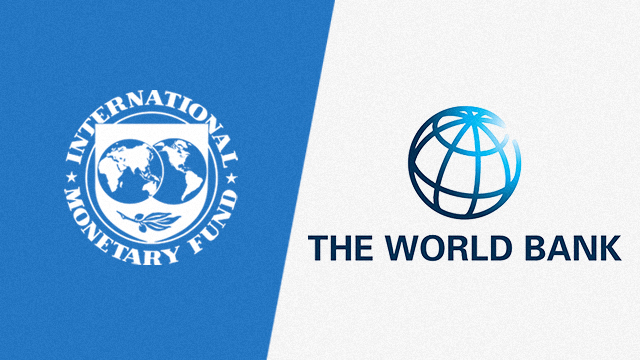World Bank and IMF Talk Debt Reduction for Poorer Countries
Radha Patel
International Business News Writer

The World Bank and International Monetary Fund (IMF) are currently working on ways to incorporate a climate change agenda into talks of debt reduction for poorer countries. In fact, the World Bank and IMF have already invested in fossil fuels back in 2019. This was met with protest from climate change activists. Recent events are likely in response to those protests.
World Bank President, David Malpass and the IMF have a common goal in mind. They were trying to couple two global issues of reducing the negative effects of fossil fuels and the burden of debt faced by many countries. A few of the world’s twenty major economies (G20 countries), including the United States and China offered the poorest countries relief from payments. These would be temporarily through the Debt Service Suspension Initiative, also known as DSSI. An alternative method instead of reducing debt the two parties considered was restructuring debt through stocks, which the G20 also tried to tackle with another framework. A few countries such as Ethiopia, Chad, and Zambia have begun negotiations with creditors according to the Common Framework.
More countries were expected to consider restructuring debts, especially in light of the rise in spending during the pandemic. But in reality, the number was far less than expected, as countries have declined to give any details. The idea was that debt relief would serve as an incentive for world leaders to work towards climate action goals. This would in turn allow lenders and creditors to relieve countries of a certain percentage of their debt.
The World Bank and the IMF are at the forefront of these negotiations, because of the role they play in assessing the sustainability of each country’s debt burden. Many countries need money for food supplies and infrastructure because of climate change. Additionally, money is spent on other sources of energy. However, they lack the funding needed for these types of projects and the debt keeps mounting.
Malpass acknowledges that the world must recognize advanced economies have an influence on those in poorer economies. In fact, most of the greenhouse gases are being produced by the more advanced economies, but it is the rest of the world who has to suffer the effect. Overall, the plan put forth by the World Bank and IMF stands to benefit both the developing countries in reducing debt and also creditors who can achieve their sustainable development goals. The only obstacles lie in gaining the support of countries with developing economies to begin negotiations.
Contact Radha at Radha.patel3@student.shu.edu

